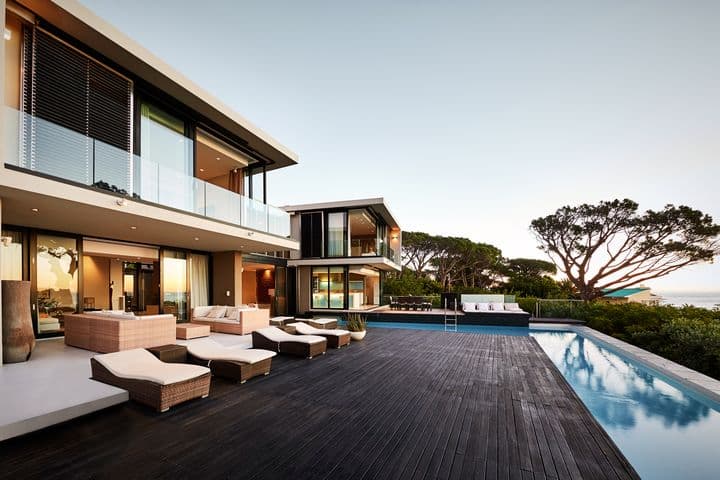
Market report 2026: trends, prices, and outlook in France
After two years of marked slowdown, the French real estate market in 2026 is entering a phase of gradual recovery. Transaction volumes are picking up, prices are stabilizing overall, but the market has fundamentally changed: decisions are more rational, trade-offs more demanding, and property selection more selective.Through its son Point Marché Immobilier 2026, Engel & Völkers France provides a structured reading of market dynamics observed on the ground, based on analyses conducted by its teams in Paris, Lyon, and the French Riviera markets that are particularly representative of the new realities shaping the French property landscape.
















